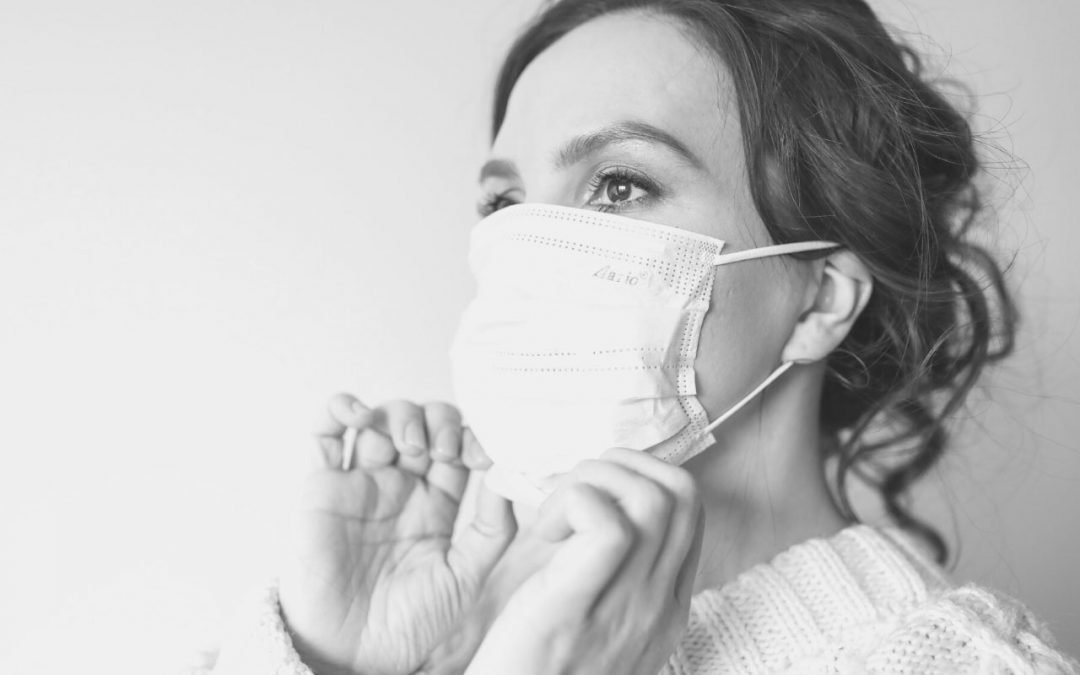With the coronavirus pandemic rapidly worsening every day, no doubt you may be wondering how you can protect yourself financially, especially if the coronavirus impacts your ability to work.
The good news is that insurance will cover you in many cases, but not all. It’s best to do your research and talk to your financial planner about which insurances you may need to make sure you’re protected.
Income protection
Income protection insurance will cover you if you are unable to work due to sickness or disability, including if you get coronavirus. It’s a good option for replacing any lost income as the insurance company will typically pay up to 75% of your income until you recover. The payments will usually begin after a defined waiting period, so you will need to check the individual policy. Income protection is a particularly good option if you’re self-employed and aren’t able to pay yourself sick leave. Keep in mind that income protection won’t cover you if you’re made redundant.
Life insurance
Whilst statistically unlikely, death as a result of coronavirus will be covered under your life insurance policy, so long as you follow Government travel advice and your policy doesn’t have a pandemic exclusion. However, with time this may change, so it pays to read your policy and any updates to your policy closely.
While this may be unlikely, it can serve as an important reminder to review your life insurance policy to make sure your family will be protected. A good rule of thumb is to make sure that your life insurance covers the costs of your mortgage at a minimum so your family isn’t burdened with a mortgage debt they are unable to pay.
If you don’t yet have life insurance, you should still be covered if you take out a policy now, before you get coronavirus.
Trauma insurance
While coronavirus won’t usually be covered under trauma insurance, if it led to another claimable event such as prolonged intensive care or paralysis, then the policy may cover it.
Paying insurances out of your super
One way to maximise your cash flow is to move personal insurances such as income protection and life insurance into your superannuation. The costs will be paid from your superannuation balance, freeing up cash flow. Talk to your financial advisor to see if this is the right option for you and to discuss the impacts.
David Hancock is a director and Senior Financial Planner at Montara Wealth. His role is to oversee the running of the business and ensure the delivery of exceptional service and strategic based advice to clients. David is well known for developing strong long-term relationships with clients and is passionate about helping them identify and implement life-changing financial strategies. www.montarawealth.com.au




